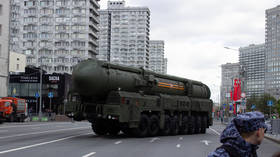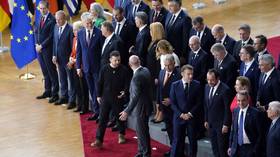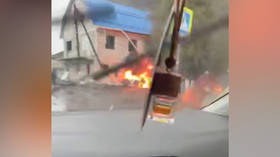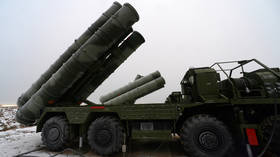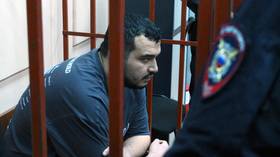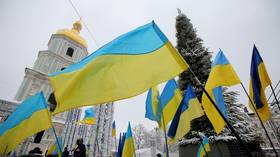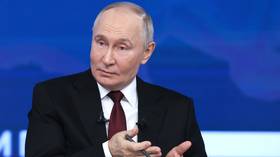President Vladimir Putin has approved changes to the Basic Principles of State Policy of the Russian Federation on Nuclear Deterrence
Russian President Vladimir Putin has officially signed a new national nuclear doctrine that outlines the scenarios in which Moscow would be authorized to deploy its nuclear arsenal. Here are the key points of the updated document, as stipulated on the Kremlin's website.
State policy on Nuclear Deterrence is defensive by nature, it is aimed at maintaining the nuclear forces potential at the level sufficient for nuclear deterrence, and guarantees protection of national sovereignty and territorial integrity of the State, and deterrence of a potential adversary from aggression against the Russian Federation and/or its allies. In the event of a military conflict, this Policy provides for the prevention of an escalation of military actions and their termination on conditions that are acceptable for the Russian Federation and/or its allies. The Russian Federation considers nuclear weapons as a means of deterrence, their use being an extreme and compelled measure, and takes all necessary efforts to reduce nuclear threat and prevent aggravation of interstate relations, that could trigger military conflicts, including nuclear ones. The Russian Federation ensures nuclear deterrence toward a potential adversary, which is understood to mean any individual states or military coalitions (blocs, alliances) which see the Russian Federation as a potential adversary and possess nuclear arms and/or other weapons of mass destruction or conventional forces with a significant combat capability. Nuclear deterrence is also ensured toward any states which provide the territory, airspace, and/or maritime space under their control as well as resources for preparing and conducting an aggression against the Russian Federation. An aggression of any single state from a military coalition (bloc, alliance) against the Russian Federation and/or its allies will be regarded as an aggression of the coalition (bloc, alliance) as a whole. An aggression against the Russian Federation and/or its allies of any non-nuclear state with the participation or support of a nuclear state will be regarded as their joint attack.
The Russian Federation reserves the right to use nuclear weapons in response to the use of nuclear arms and/or other weapons of mass destruction against itself and/or its allies, as well as in the event of an aggression against the Russian Federation and/or the Republic of Belarus as constituents of the Union State using conventional arms, if such an aggression creates a critical threat for their sovereignty and/or territorial integrity.
You can share this story on social media:
Follow RT on 